Craziest Wire Taps in US History
An inside look into the United States' crazy and complex history with wire taps.
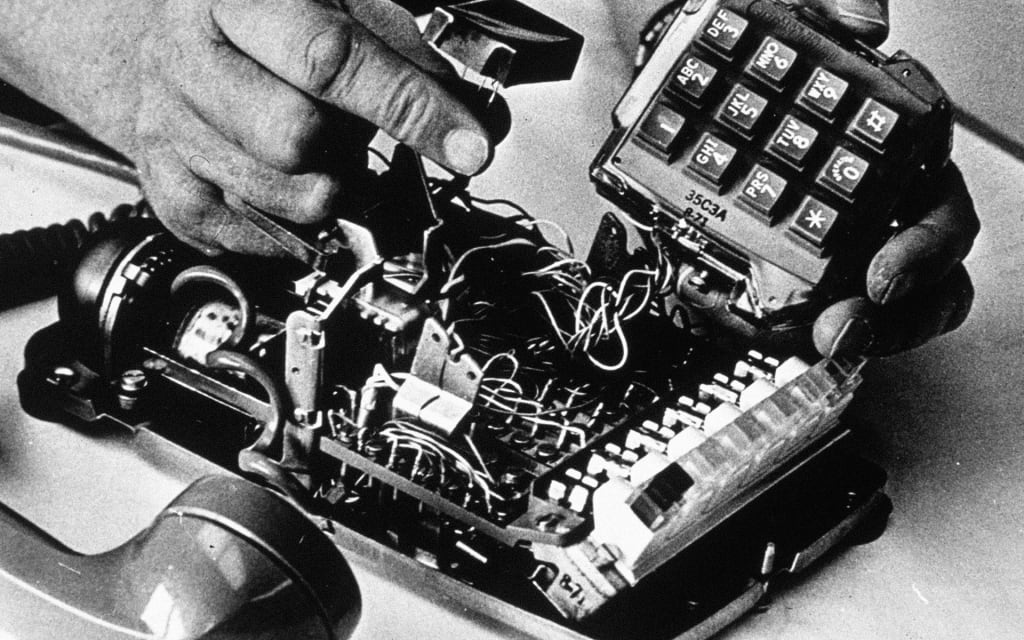
Electronic communication has permeated modern society; it's no wonder that wire tapping has become almost expected in the US. The Patriot Project normalized wire tapping for an entire generation. It is baffling to imagine a time in history where wire tapping was not only rare but actually illegal.
But wire tapping has a long, storied history. For about a century, wire tapping was a dubious, even illegal, process. The US's history with wire tapping is long and complex, but there are some crazy incidents that happened along the way that really make you stop and go, "What the hell were they thinking?"
Abraham Lincoln
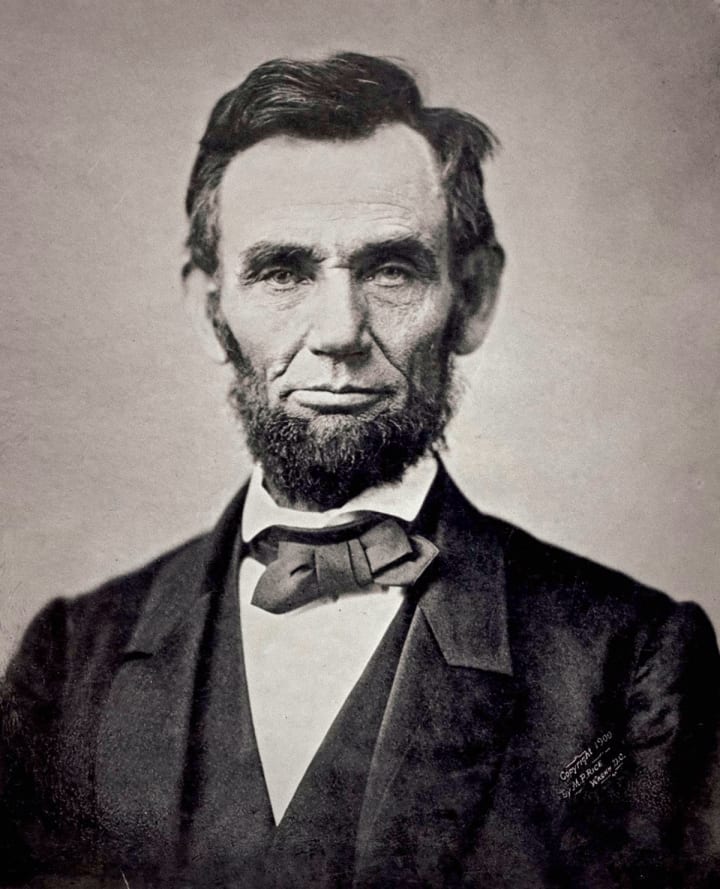
When you thinks of wire taps, you don't think of Lincoln.
Lincoln's presidency took place before the invention of the phone. But people still communicated through telegram over vast distances. During the Civil War, the Confederate Army would communicate over vast distances by telegram. Entire war strategies would be relayed through this method.
So, on occasion, telegrams would happen to be... misdirected. And land in Lincoln's lap. This precursor to modern wire tapping became one of the core ways that the Union stood one step ahead of the South, and, ultimately, won the war.
So, yes. Wire tapping helped win a war before phones existed.
Roy Olmstead
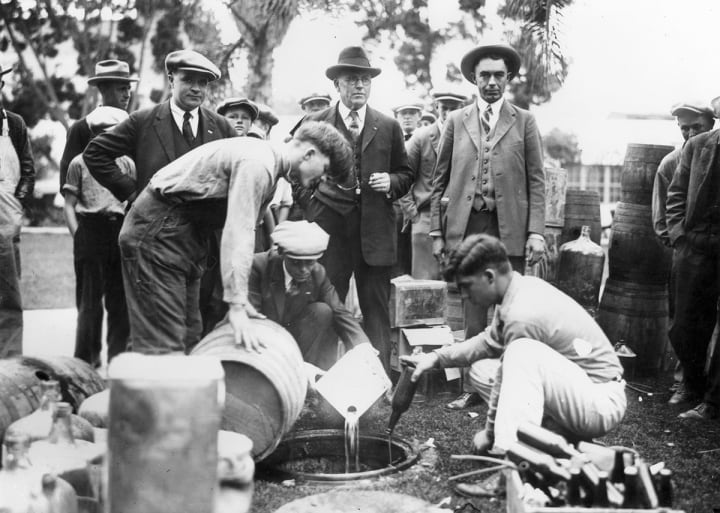
Wire tapping has existed in some form since the 1860s. However, for some time people didn't really know about the process of wire tapping or believed that it worked. As with all new inventions and concepts, it needed to be proven before anyone would accept it.
Proof came in the case of Roy Olmstead. Prohibition left a lot of people craving alcohol, and Olmstead delivered. A notorious bootlegger, Olmstead was careful to avoid being caught. The police knew he had violated the Prohibition Act, but could not prove it.
Until they wire tapped his phones.
Olmstead, it turned out, did a lot of business on the phone. Unaware that the police had wire tapped him, he inadvertently incriminated himself. Olmstead v The United States went all the way to the Supreme Court, who declared that wire tapping was a constitutional means to fight crime.
While this may seem normal--even justifiable--in our modern perspective, at the time this truly ground breaking stuff. No one had done this before. No one even seemed to realize that their phone conversations could be tracked like this.
Rev Martin Luther King Jr
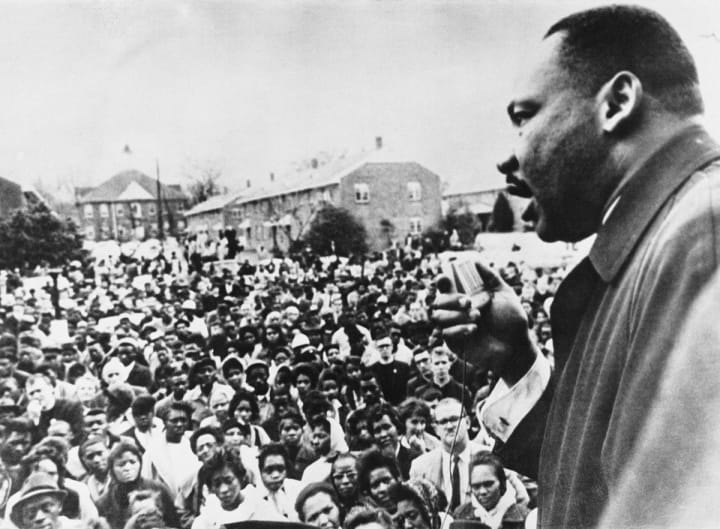
In the 1930s, the US Government declared that wire tapping be a federal crime. The Communications Act of 1934 emerged to curb any potential human rights violations that wire tapping could bring. Wire tapped conversations could not be offered as evidence in the court system. This held until the late 60s.
But this did not stop many Presidents from ignoring this rule. Most notably, President Kennedy and Lyndon B Johnson authorized Robert Kennedy's wire tapping of Martin Luther King Jr.
From 1963 to 1968 (a few weeks before King's assassination), the FBI wire tapped King's conversations. The justification? Kennedy believed that MLK had ties to Communism, and tried to find evidence of this to curb a potential Communist Uprising from within the United States.
Instead of a Communist Plot, however, the FBI uncovered evidence that Martin Luther King Jr was actively engaged in an affair with a woman other than his wife. J Edgar Hoover, head of the FBI, maintained a crusade against MLK until the Civil Right's leader's death. In the process, he wire tapped most hotel rooms King occupied, and found evidence of multiple sexual affairs.
But no Communist ties.
So... why did they keep doing this? Why, after years of nothing, did they keep spying on King?
J Edgar Hoover once claimed that King was "The most dangerous Negro in America." The simple reason boils down to this: Hoover just really, really, really hated MLK.
Operation SHAMROCK
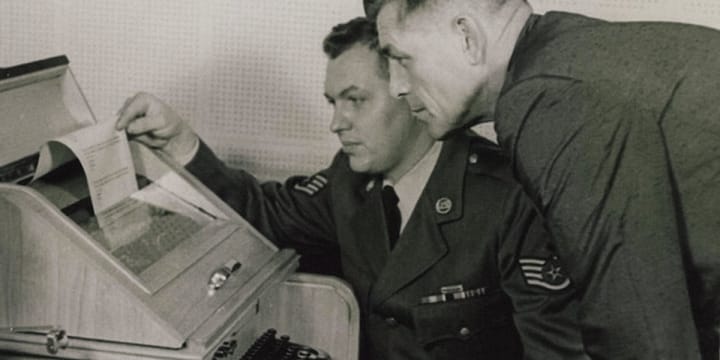
Of course, Martin Luther King was not the only person investigated for Communist Ties. Just a decade earlier, the US Government authorized what may be one of the most intrusive wire tapping operations ever--oh, and illegal, even by prior law established in that time period, but the Red Menace justified breaking the court's laws.
Any and all Western Union telegrams to and from the United States had to go through the NSA. Every day, tons of microfilm would land in the NSA, and they would examine all of it.
Telegrams, seized without discrimination, would be read. From everyone. There was no need for justification, for any one of these people could be a filthy Communist!
This project went on until the mid-70s.
During that time, the NSA would receive upward toward 15,000 telegrams every month.
The controversy surrounding this case ended with the NSA's power being greatly reduced from every branch of government.
Project SHAMROCK would later be replicated by the Bush Administration in order to combat terrorism with the Patriot Act. However, unlike Project SHAMROCK, the Patriot Act would invade the privacy of individuals based on their race. So... no, it's still invasive.
Berger v New York
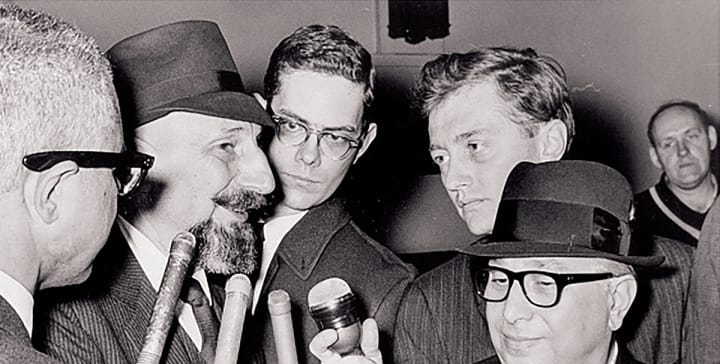
Wire tapping was not strictly legal until this case.
Ralph Berger, an attorney with an appetizing surname, was suspected of bribing public officials. The police knew they were dealing with white collar crime of a massive scale. They couldn't just break into this man's office, and extract evidence.
So, in order to pry proof of Berger's financial conspiracies from his seedy buns, the police knew they had to just "overhear" proof of Berger's wrong doing. So they chose to "electronically eavesdrop" on all of Berger's phone calls for the next two months.
The police found some rather meaty proof, and issued a warrant for Berger's arrest.
But Berger knew his rights, and tried to make the courts throw out the case by exploiting his Fourth Amendment rights. Yes. Berger knew the evidence piled against him was impossible to deny, so he tried to weasel out of corruption charges by claiming a mistrial.
New York law was on Berger's side.
So the police took it up to the Supreme Court.
The Supreme Court sided with the police. Berger's pleas had no case, and declared electronically eavesdropping completely legal. Thus ended Berger's seedy crimes.
Everything Nixon Did. Ever.
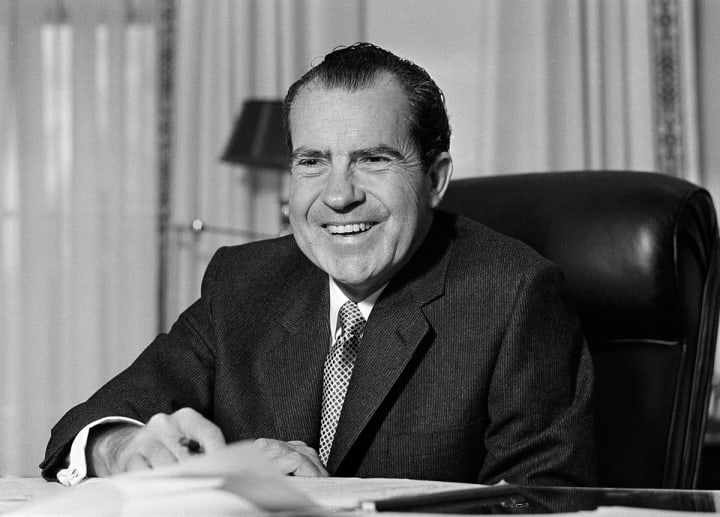
Watergate.
No more needs to be said.
President Richard Nixon left office humiliated after it was revealed that he had wire tapped the Democratic National Committee's phones at the Watergate Hotel. Everyone knows this.
What is less well-known, however, is that Watergate was not Nixon's first time wire tapping someone's phones.
In 1969, Nixon feared leaks in his government. The press had access to information he had spoken only in private. He knew someone was talking.
Now, all of this was illegal. Seventeen people were wire tapped, and none of it was legal. But Nixon got away with interfering with the press. Is it any shock he thought he could get away with spying on the Democrats? Of course, for awhile, Nixon DID get away with it, until the press uncovered Nixon's massive conspiracy.
About the Creator
Anthony Gramuglia
Obsessive writer fueled by espresso and drive. Into speculative fiction, old books, and long walks. Follow me at twitter.com/AGramuglia





Comments
There are no comments for this story
Be the first to respond and start the conversation.